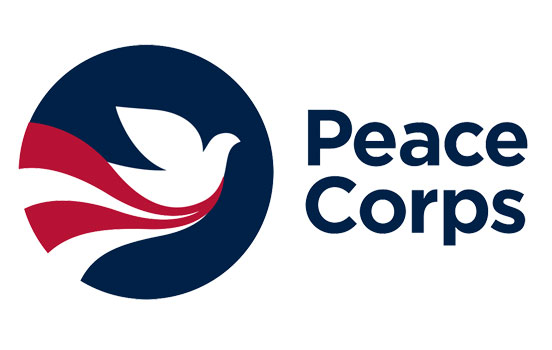Students enrolled in an education abroad program approved for credit by Michigan State University’s Office for Education Abroad and meet the requirements of Title IV of the Higher Education Act, may receive federal student aid under Title IV if they meet the aid eligibility criteria.
Before a student can receive federal aid to study abroad, they need to complete the Free Application for Federal Student Aid (FAFSA) form.
Students who plan to study abroad can work with the MSU Office of Financial Aid to learn how scholarships, grants, and loans can be applied to their education abroad program. A full list of the types of financial aid is available on the Office of Financial Aid website.
Before applying for any other financial aid, you must fill out a Free Application for Federal Student Aid (FAFSA) form for the same academic period you plan to study abroad.
The FAFSA is required to determine your eligibility for Pell Grant and other federal and state grants, federal loans (need-based and non-need-based), work-study, and many MSU grants and scholarships. Apply early as aid is awarded only until funding is exhausted.
Federal, State, and MSU student aid that requires FAFSA
Required qualifications for FAFSA
Application Deadline
The FAFSA is available to fill out after January 1 for the academic year beginning the following fall. As soon as possible after January 1, complete the FAFSA and return it to the federal processor. The FAFSA changes every year, so be sure you are filing the correct application for program dates.
When you are filling out the application for your program, make sure you check “yes” that you would like to use financial aid for your education abroad program.
The Office for Education Abroad will forward a Financial Aid Approval Form that includes all anticipated costs to the MSU Office of Financial Aid for processing.
Financial aid funds are applied first to your education abroad program tuition for the credits you are taking, then to your program fee.
If there isn't enough money to cover both charges, you're responsible for paying the difference. If there is more than enough money, the remainder will be issued to you.
The Office of Financial Aid will notify you of your award. You may be eligible to collect your maximum Stafford Loan annual award for the education abroad semester you plan to study abroad. Keep in mind, no funds will be available for the semester following your education abroad experience.
Once you are accepted into your program you will have two weeks from the date of your acceptance letter to commit to your participation. When you commit, you will be billed an additional commitment fee to your MSU Student Account. The commitment fee is non-refundable at this point.
Financial aid is typically disbursed 10 days prior to the beginning of each semester. Monies obtained from aid and scholarships are credited against your account, with any surpluses refunded to you.
The cost of your airfare can be included in your financial aid package, but you'll receive your airline bill from the travel agency or airline before your financial aid funds are released. You'll need to make arrangements to pay these bills in advance.
MSU students who may have problems covering these payments can contact the MSU Office of Financial Aid (517-353-5940) for short-term loan options.
Most MSU merit scholarships are limited to use during fall and spring semesters only, per their contracts. For questions regarding use of these awards, please contact the offering unit or the Office of Financial Aid.
ENROLLMENT REQUIREMENTS FOR FINANCIAL AID
For scholarships and grants you need to maintain the enrollment level required for each aid program listed on your award letter.
Enrollment level required for Stafford Subsidized/Unsubsidized Loan eligibility for all semesters is at least half-time.
For undergraduates:
The Office for Education Abroad will report to the Office of Financial Aid the number of credits you indicated on your application. If you change this credit amount so that it changes your status (half-time, 3⁄4 time or full-time), it's your responsibility to report this change to the Office of Financial Aid.
Some other loans require full-time enrollment, and in some cases part-time enrollment reduces eligibility. If you are a non-degree student or intend to enroll for less than half-time, check Citiassist Loans for funding support or the MSU Office of Financial Aid for award details.

This new loan program assists MSU students participating in an MSU-sponsored education abroad program with a short-term loan.
It’s designed to help cover costs during transitional periods, most often the time frame between applying and departure.
Visit the Education Abroad Bridge Loan webpage for more details.

Have you considered what your plans are after you graduate?
Peace Corps volunteers live and work for 27-month terms of service in more than 60 nations, and receive a living stipend, extensive language and technical training, and financial benefits including eligibility for student loan forgiveness and graduate school fellowships after service.
Visit the MSU Peace Corps website for more information.